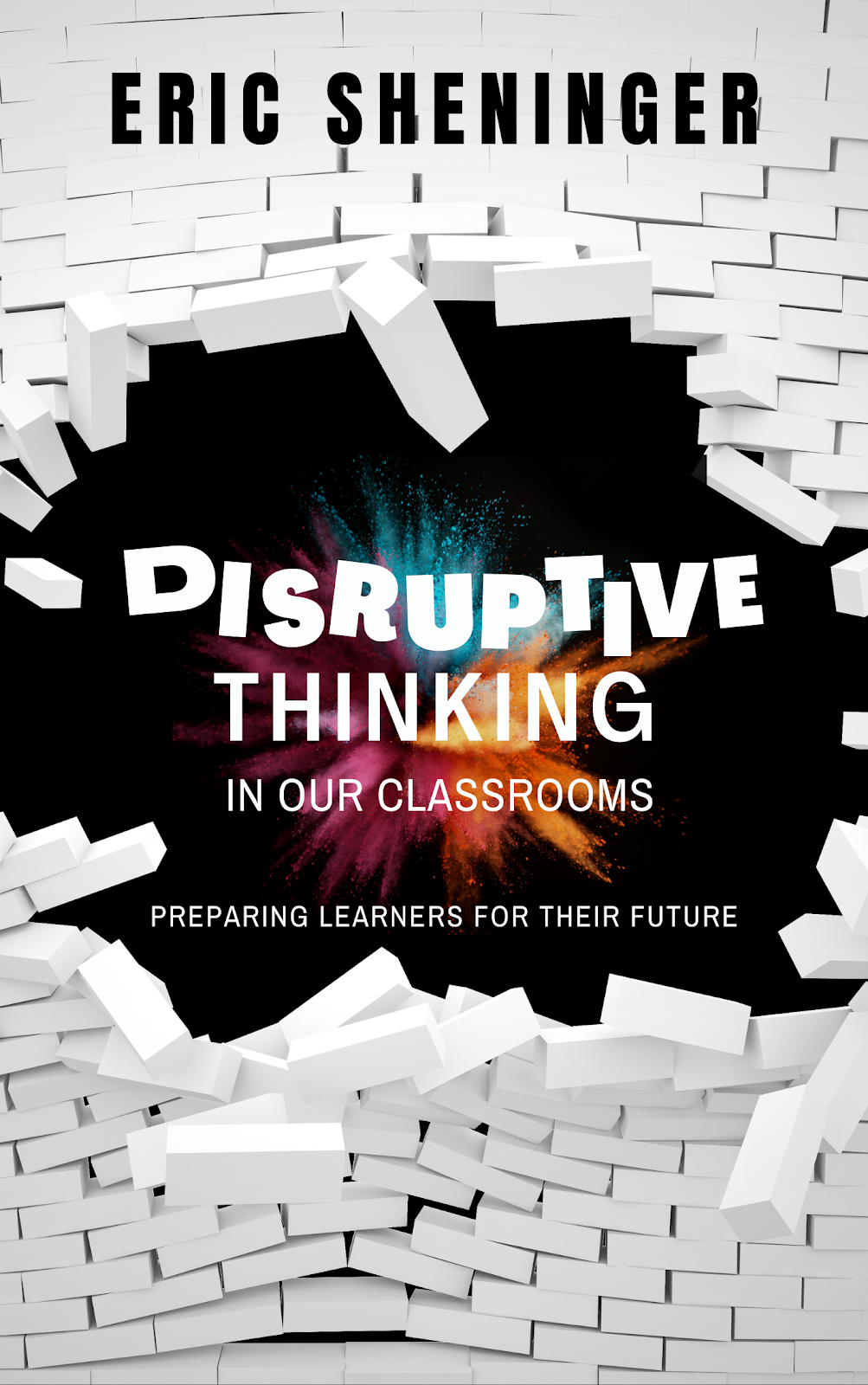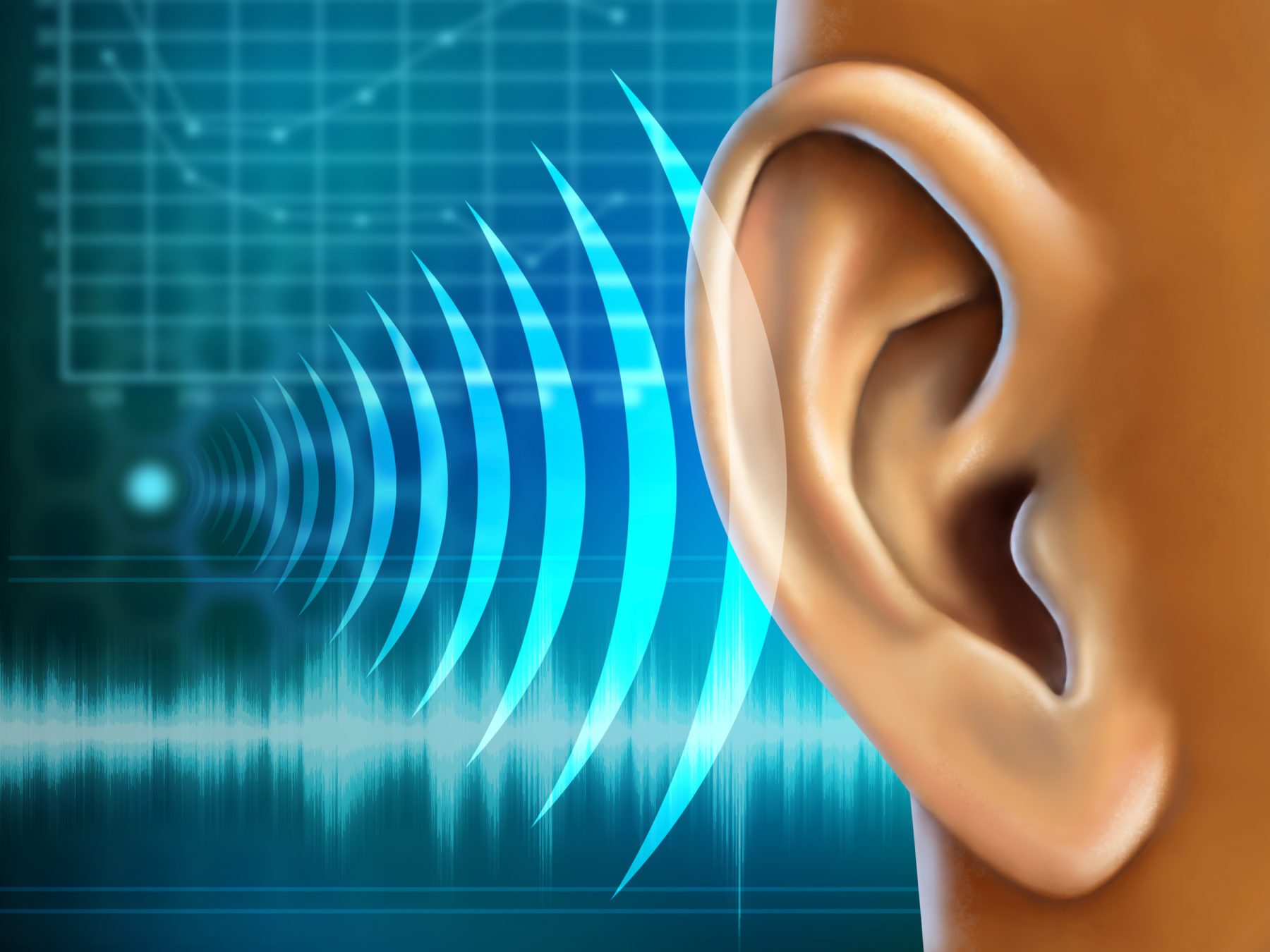Possible Preaching Themes
Possible Scientific Resources
- Human suffering has been a subject of theological reflection, psychological study, and scientific inquiry for centuries. “Why do people suffer or how do I endure suffering?” are questions that beg for a faith response.
- Death is an inevitable part of life. For Christians, the death of Jesus Christ reveals the promise of eternal life freely offered to every human person. Hope can be found in the promise of resurrection.
- One of the last words of Jesus commemorated on Good Friday is “I Thirst” (Jn 19:28). The physical thirst of Jesus, a condition that 1 in 3 human beings throughout the world also experience, can both reveal the deeper spiritual desires of human persons and be a call for social action.
- The Nature and Treatment of Human Suffering by Michael J. Brescia, MD https://www.chausa.org/publications/health-progress/article/july-august-2018/the-nature-and-treatment-of-human-suffering
- Suffering is a mingling of the psychological, emotional, and physical
- Love becomes an important antidote to human suffering
- Suffering calls for human connection, which can have effects both on the one suffering and one’s family and friends
- Thanatology is the study of death and the experience of loss. Elizabeth Kubler-Ross offers a model for understanding the stages of grief associated with death: denial, anger, bargaining, depression, and acceptance. https://www.psycom.net/depression.central.grief.html
- Grief is a natural response to death and an emotion that can also be experienced because of other life experiences
- The stages articulated by Kubler-Ross are widely accepted by psychologists and grief counselors
- The stages of grief are fluid and can occur in unique order for each person
- Safe drinking water: According to the World Health Organization, 1 in 3 people do not have access to safe drinking water https://www.who.int/news/item/18-06-2019-1-in-3-people-globally-do-not-have-access-to-safe-drinking-water-unicef-who
- Poor sanitation and lack of clean drinking water contributes to the spread of disease
- Without water the human body is susceptible to organ failure and other physical side effects (like fatigue and persistent headaches)
Homily Outline Combining Resources
Homily outline on Suffering (taking the 1st path above)
- The question of suffering has occupied the minds and souls of people throughout history
- A common question ministers and preachers are often asked to answer is “Why do I have to suffer?”
- This question, and questions like it, unearth the depth of uncertainty, pain, fear, and grief that suffering can cause
- For Christians, human suffering can be redemptive and unite one’s own experience of suffering with Jesus’ experience of human suffering
- Suffering begs for a human and spiritual response; the virtues of hope and love can be powerful antidotes to fight the effects of suffering
- The Passion Narrative the evangelist John offers reveals the experience of Jesus’ own human suffering. The suffering of Jesus was physical, psychological, emotional, and spiritual
- Physical: “…there they crucified him…” (John 19:18). Jesus was struck (John 18:22), endured carrying the weight of a cross, and experienced they physical pain of crucifixion
- Psychological: “…They cried out, ‘Take him away, take him away! Crucify him!’…” (John 19:15). Jesus experienced rejection and abandonment from the crowds and his close friend Peter (John 18:15-18, 25-27)
- Emotional: “…Woman behold your son…Son, behold your mother” (John 19:26-27). Jesus confronted the emotional effect his death would have on his mother and disciples
- Spiritual: “…My kingdom does not belong to this world…” (John 18:36). Jesus takes on the sins of all humanity
- Human Experiences of Suffering
- Often, suffering can feel like a lonely and all-encompassing experience
- Suffering is an inevitable and universal human experience, and one that produces a symphony of human emotions
- Like Jesus, our suffering is
- Physical: disease, domestic violence, gun violence, food insecurity
- Psychological: depression, anxiety, fear, shame
- Emotional: distress, embarrassment, abandonment, rejection, loss
- Spiritual: anger, question of God’s presence, searching for the meaning of one’s life
- There are times when our suffering may be acute and seasons when it feels chronic
- How do we respond to suffering?
- We avoid
- We bury
- We medicate
- Sometimes, we embrace
- Jesus’ own suffering, and his willingness to accept death so that we may have life, becomes a powerful sign that we do not suffer alone
- Hope and Love
- Jesus responds to suffering by sharing hope and love
- The suffering of Jesus makes visible the love of God
- This paradox conveys that through human suffering love can be found
- In moments of suffering the love of God remains
- The discovery of God’s love in life’s most challenging moments instills hope
- …that we are never alone
- …that our suffering can lead to greater dependence on God
- …that healing and new life will come
- We are entrusted with a mission as disciples of Jesus, as members of the human family; we can share love and hope to those who are hurting
- By being present (physical)
- By forging human connection (psychological)
- By speaking words of comfort (emotional)
- By the prayers we share (spiritual)
- Good news is found in remembering and celebrating that Jesus’ Good Friday leads to Easter Sunday
- Suffering and death never have the final word
- But before resurrection is experienced, we confront the suffering of the Cross—we name our own crosses
- Our suffering can be redemptive when we allow them to draw us closer to God
- Depending on social status, the experience of suffering may be different for each person
- Salvifici Doloris (https://www.vatican.va/content/john-paul-ii/en/apost_letters/1984/documents/hf_jp-ii_apl_11021984_salvifici-doloris.html)
- Jesus is close to us in our suffering because of his own experience of suffering
- It is in this closeness that we can find hope and experience the gift of divine love
Related Homily Outlines
Couldn’t find what you’re looking for?
Try searching with another filter

Preaching with Sciences

Edward Foley, Capuchin
Duns Scotus Professor Emeritus of Spirituality
Professor of Liturgy and Music (retired)
Catholic Theological Union
Vice-Postulator, Cause of Blessed Solanus











